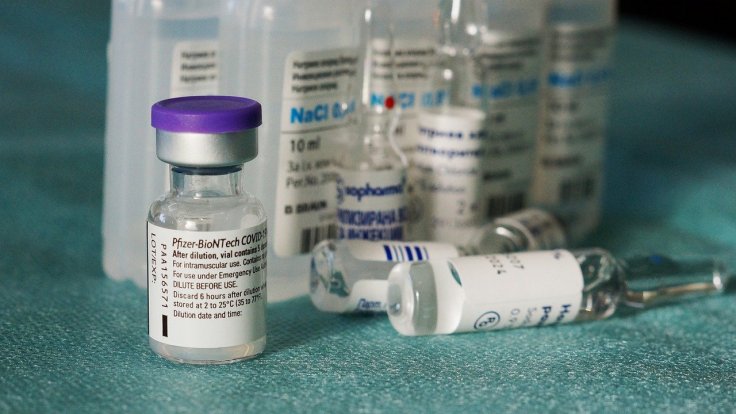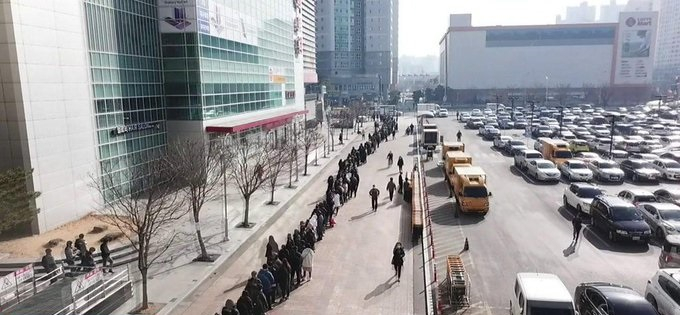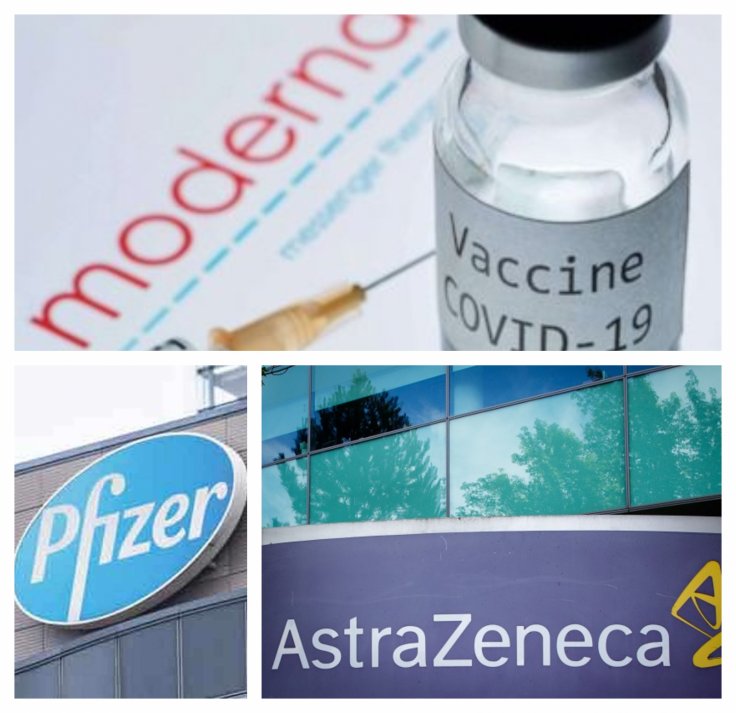Why hasn't South Korea vaccinated anyone so far against the Covid-19 epidemic? This is an unseemly question as no one would have even considered the fact that the hi-tech, prosperous Asian nation has not walked down the path of vaccination despite being a leader in many other respects.
But yes, this is true. Not a single person in South Korea has been vaccinated against the coronavirus epidemic. This compares with 40 million people vaccinated in the United States and 16 million vaccinated in the United Kingdom. Closer home in Asia, India has vaccinated more than 10 million people so far.
So, why is South Korea lagging behind? Justin Fendos, a professor at Dongseo University in South Korea, has tried to explain the conundrum. First of all, he says that the government may have been initially reluctant to import vaccines from other countries. The preferred strategy in South Korean government's top echelons was domestic production.
A Policy Decision, to Begin With

There have been many factors that contributed to the shaping up of such a policy stance. Throughout 2020, the government's focus was on getting South Korean pharmaceutical companies to enter into domestic production licenses with foreign vaccine manufacturers. Equally important was the plan to get domestic companies develop vaccines of their own.
South Korea's SK-Biosciences reached an agreement in July 2020 with AstraZeneca while a similar deal was struck with Novavax in August, Fendos writes in The Diplomat. "In addition to licensing foreign vaccines, the South Korean government was also keen on encouraging domestic invention. Unfortunately, these latter efforts have lagged behind foreign competitors, precipitating doubts about Korean-invented vaccines being available in 2021."
Control Over Quality
One of the things that discouraged South Korea from importing vaccines was the lack of a handle on quality. When a country imports its vaccines, it has virtually no oversight over the production process. Besides, like in the case of Pfizer vaccine rollout in UK, the host country will most likely have to sign an indemnity clause with the vaccine maker, making it non-liable for any future lawsuit alleging vaccine-related health issues.

The third factor Seoul took into account was the supply bottlenecks that can potentially upset the vaccine rollout plans. If vaccine is imported there won't be any guarantee against supply disruptions. Most often a country's supply will depend on how the maker balances production and distribution in a market dominated by competition. South Korea opted for an arrangement where in the country's pharma companies get into local production agreements companies like Pfizer or Moderna.
Prices was another important factor, Fendos writes. "Prices are another area where domestic production offers advantages. Governments always have greater leverage to negotiate favorable terms when negotiating with domestic companies as opposed to foreign ones."
Change in Strategy?
Given the big delay in kicking off the vaccination program, the author notes that Seoul might go for a mix of imports and domestic production in the days to come. South Korea had set an ambitious target of vaccinating enough people by November 2021 so as to ensure herd immunity. This target does not look feasibly at the moment, considering that the country has not started vaccination until now.

Earlier this week South Korea said it won't be possible to complete the first quarter target of vaccinating 1.3 million people with AstraZeneca shots. The government slashed the target to 750,000 instead obviously due to supply constraints, the Business Today reported.
"We do not believe the adjustments in inoculations in February and March will impact our goal of herd immunity by November," Jeong Eun-kyeong, the director of Korea Disease Control and Prevention Agency (KDCA), said.









